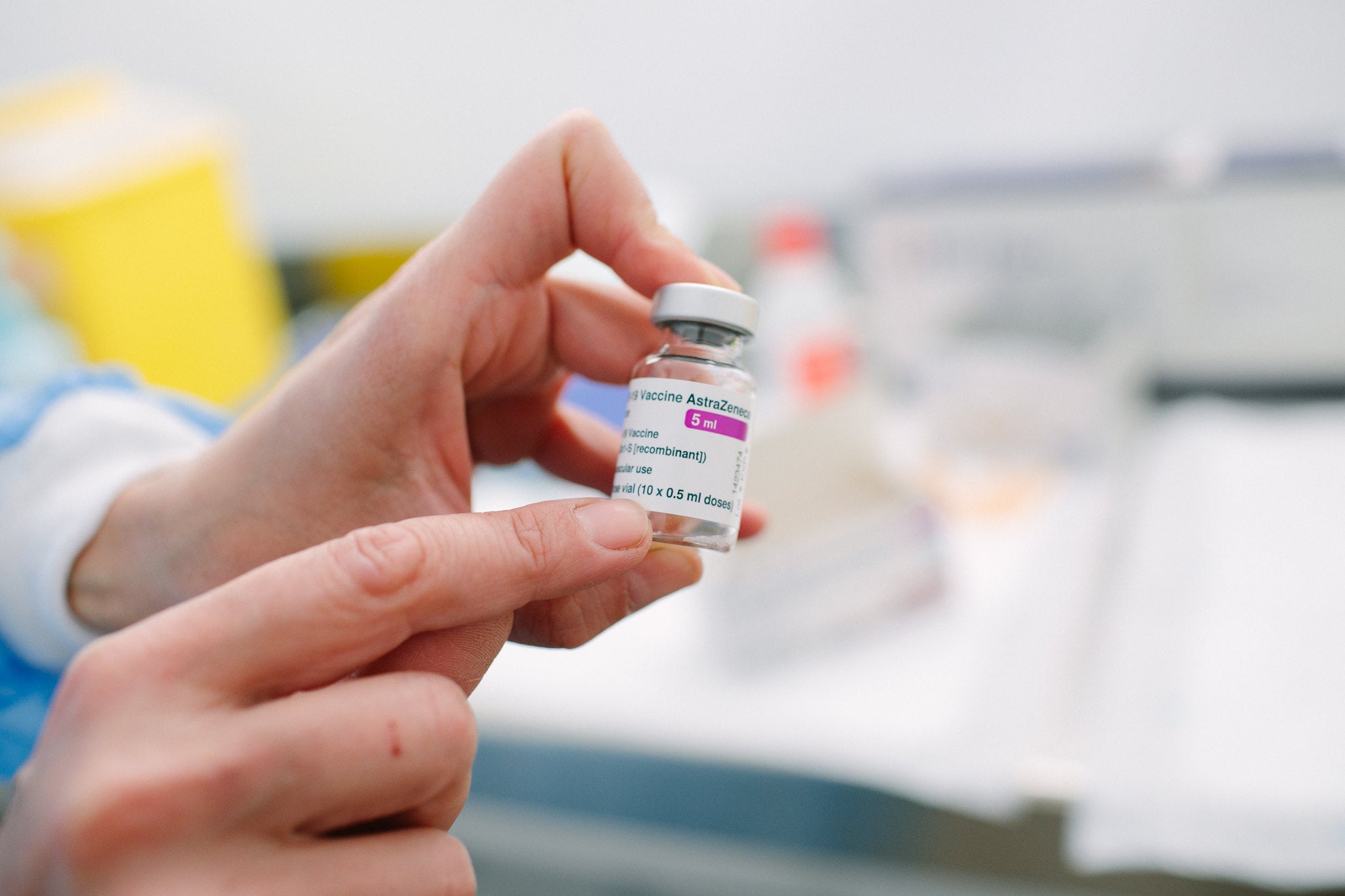
Public Health England (PHE) has reported that Pfizer-BioNTech and AstraZeneca Covid-19 vaccines were effective against the B.1.617.2 variant of coronavirus first identified in India and now detected worldwide.
In a new PHE study, two doses of the vaccines demonstrated significant effectiveness against the Indian variant. The efficacy was comparatively similar in the B.1.1.7 (Kent) variant, which is dominant in the UK.

Discover B2B Marketing That Performs
Combine business intelligence and editorial excellence to reach engaged professionals across 36 leading media platforms.
Researchers expect the vaccines to show higher effectiveness against hospitalisation and death.
Data from 5 April to 16 May this year revealed that two weeks following the second dose, the Pfizer-BioNTech Covid-19 vaccine had 88% effectiveness against symptomatic disease caused by the B.1.617.2 variant, versus 93% against the B.1.1.7 variant.
Meanwhile, two AstraZeneca Covid-19 vaccine doses had 60% effectiveness against the B.1.617.2 variant’s symptomatic disease versus 66% against the B.1.1.7 variant.
Three weeks from the first dose, the vaccines’ effectiveness was 33% and 50% against symptomatic disease from B.1.617.2 and B.1.1.7, respectively.

US Tariffs are shifting - will you react or anticipate?
Don’t let policy changes catch you off guard. Stay proactive with real-time data and expert analysis.
By GlobalDataPHE immunisation head Dr Mary Ramsay said: “This study provides reassurance that two doses of either vaccine offer high levels of protection against symptomatic disease from the B.1.617.2 variant.
“We expect the vaccines to be even more effective at preventing hospitalisation and death, so it is vital to get both doses to gain maximum protection against all existing and emerging variants.”
These results include findings from 12,675 people, including 1,054 individuals with confirmed Covid-19 from the B.1.617.2 and 11,621 participants with B.1.1.7.
According to PHE, the difference in the vaccines’ effectiveness following two doses may be because AstraZeneca’s second dose was deployed later than the Pfizer-BioNTech vaccine.
Antibody profile data found that the AstraZeneca vaccine requires a longer period to achieve maximum effectiveness.
The UK Government said in a statement: “As with other variants, even higher levels of effectiveness are expected against hospitalisation and death.
“There are currently insufficient cases and follow-up periods to estimate vaccine effectiveness against severe outcomes from the B.1.617.2 variant. PHE will continue to evaluate this over the coming weeks.”
Last week, the UK launched a new clinical trial to assess the effect of a third ‘booster’ dose of seven different Covid-19 vaccines, including Pfizer-BioNTech and AstraZeneca jabs.





